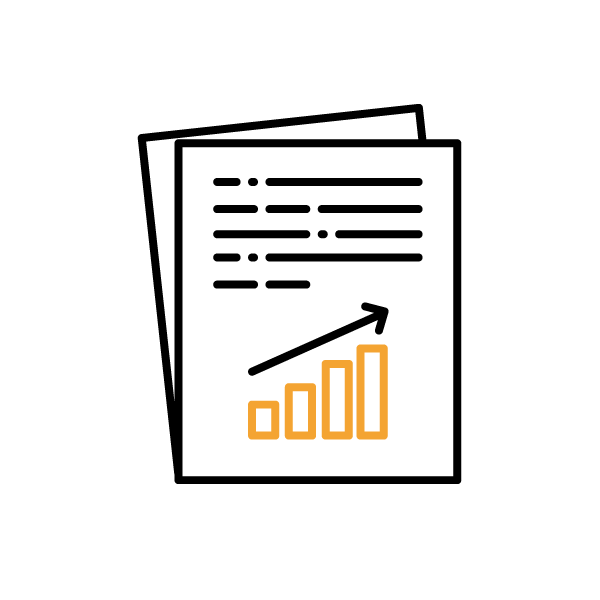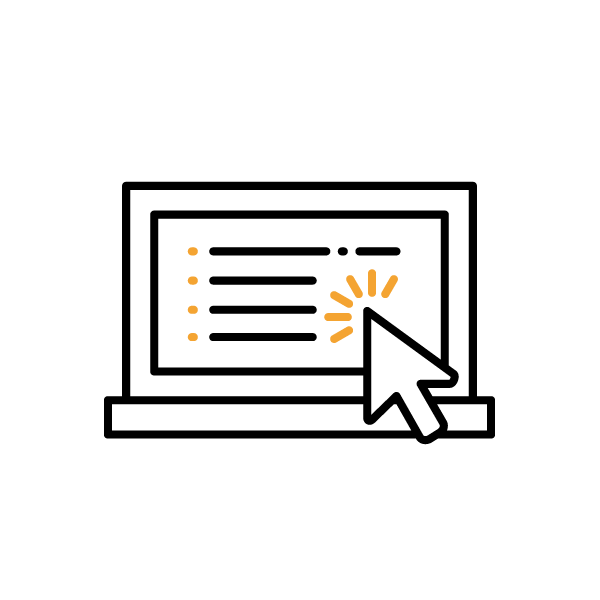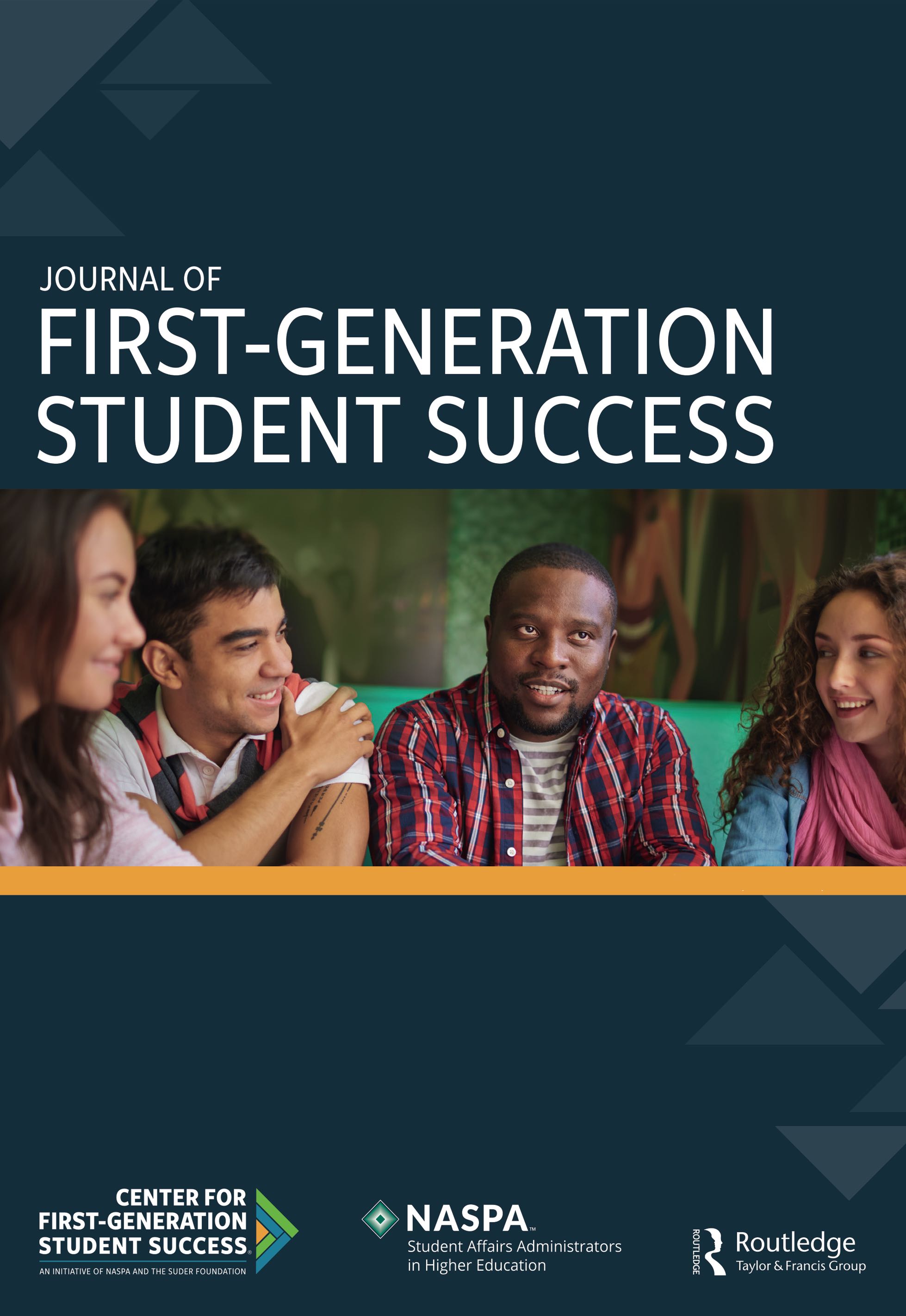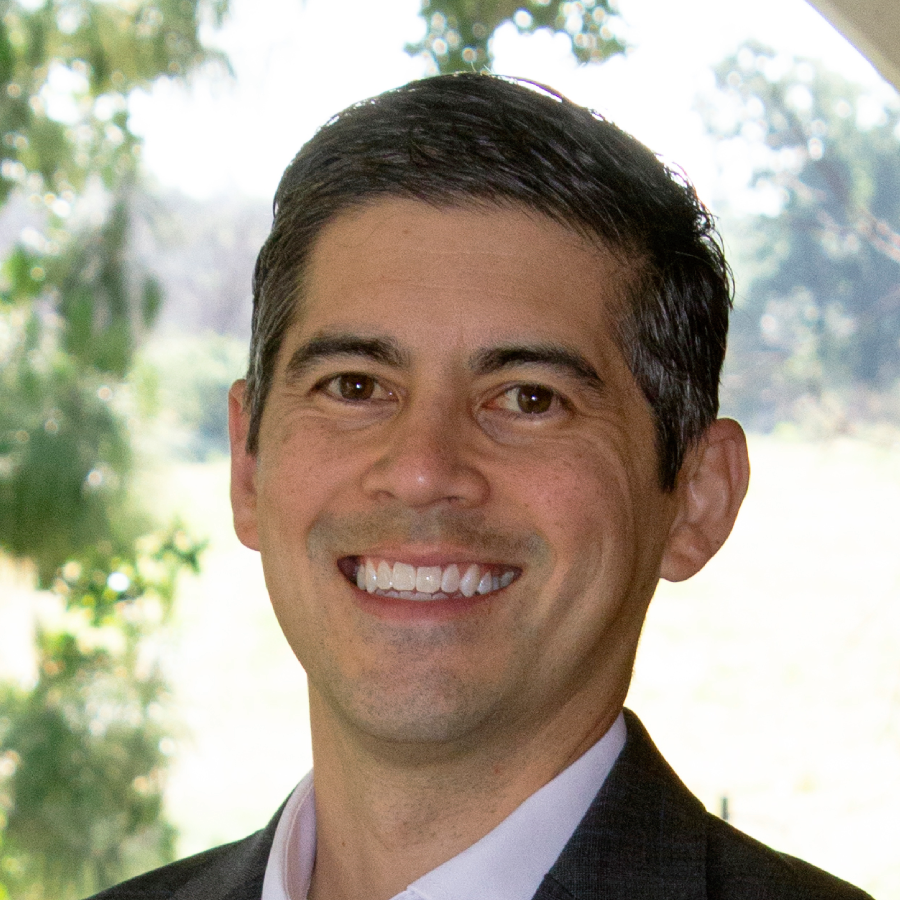About
The Journal of First-generation Student Success joins other publications of NASPA - Student Affairs Administrators in Higher Education adding another robust resource available to NASPA members, and will be managed by the Center for First-generation Student Success. The Journal seeks to publish practice articles that are grounded in research and literature and, reciprocally, research articles that speak to practice. While traditional scholarship will be encouraged and accepted, articles that prioritize innovative solutions and advanced thought that disputes deficit-based conversations while propelling an asset-based, evidence-driven national narrative, are welcome.
Latest
The latest Journal of First-generation Student Success issue is now available online. As a reminder, the Journal of First-generation Student Success joins other publications of NASPA - Student Affairs Administrators in Higher Education, and is a NASPA member benefit.
Become a NASPA member today to ensure you gain first-look access to the Journal.
Non-members can purchase a personal subscription including content published in the year of purchase by visiting this Taylor and Francis page.
Login to Access
Edition Costs
Individual Cost: Members: $50 (print) | Non-members: $126 (print & online)Editorial Leadership
The co-editors seek to review manuscripts and publish articles that are innovative, imaginative, and forward thinking regarding the experiences and outcomes of first-generation college students and the approaches institutions of higher education are employing to serve, matriculate, and complete this population. Through the deep intersectionality of the first-generation identity, the large presence of first-generation students at institutions, and the necessary engagement of both the academic and student services areas for success, this journal offers many opportunities for cross disciplinary collaboration.
Current Editorial Boards
2022 - 2025 Editorial Board
Genia Bettencourt, Ph.D., University of Memphis
Roshaunda Breeden, Ph.D., Eastern Carolina University
Brett Bruner, Ed.D., Wichita State University
Matthew Cooney, Ph.D., Governors State University
Renee Trueman, Ph.D., University of Connecticut
Rocio Hernandez, Ed.D., Ventura College
Quortne Hutchings, Ph.D., Northern Illinois University
Jonathan Lewis, Ph.D., UAspire
Gregory King, Ph.D., NWEA
Radomir Mitic, Ph.D., University of North Dakota
Delma Ramos, Ph.D., University of North Carolina at Greensboro
Geneva Sarcedo, Ph.D., University of Colorado Denver
Krista Soria, Ph.D., University of Idaho
Susan Taffee Reed, Ph.D., Dartmouth College
Charmaine Troy, Ph.D., Georgia Tech University
Terry Vaughn III, Ph.D., Pell Institute/Council for Opportunity in Education
Victoria Vetro, Ed.D., Montgomery County Community College
Jason Wallace, Ph.D., Mississippi State University
Mary Wallace, Ph.D., University of Alabama Birmingham
Brittany M. Williams, Ph.D., University of Vermont
2023 - 2026 Editorial Board
Zayd Abukar, Ed.D., The Ohio State University
Sonja Ardoin, Ph.D., Clemson University
Trista Beard, Ed.D., University of Southern California
Jennifer Beck, Ph.D., Wartburg College
Lamesha C. Brown, Ph.D., University of Pennsylvania
Amy Collins-Warfield, Ph.D., University of Minnesota Rochester
Yasmine Dominguez-Whitehead, Ph.D., University of California, Santa Barbara
Martha Encisco, Ed.D., California State University Fullerton
Oscar Felix, Ph.D., Colorado State University
Amy Goodburn, Ph.D., University of Nebraska–Lincoln
Jeffrey Grim, Ph.D., George Mason University
Africa Hands, Ph.D., University at Buffalo
Jillian Ives, Ph.D., University of Connecticut
Georgianna Martin, Ph.D., University of Georgia
T. Mark Montoya, Ph.D., Northern Arizona University
Avery Olson, Ph.D., California State University Long Beach
Graziella Pagliarulo McCarron, Ph.D., George Mason University
Nicole Pulliam, Ph.D., Monmouth University
Christian Steinmetz, Ph.D., University of Virginia
Reena Viswanath, Ph.D., Augusta University
Laura Wagner, Ph.D., R.N., FAAN, University of California, San Francisco
Anthony Walker, Ed.D., Tarrant County College District
2024 - 2027 Editorial Board
Candice E. Brooks, Ed.D., University of California, Davis
Florencia Cornet, Ph.D., University of South Carolina
Lisa Cullington, Ph.D., Sacred Heart University
Carolina E. Gonzalez, Ph.D., Bank Street College of Education
Cassandra Harper, Ph.D., University of Missouri
George Pacheco Jr., Ph.D., West Texas A & M University
Pietro Antonio Sasso, Ph.D., Delaware State University
Blake R. Silver, Ph.D., George Mason University
Matthew Joseph Smith, Ph.D., Valdosta State University
Jennifer Trost, Ph.D., University of Minnesota Twin Cities
Chevalla Wilson, Ph.D., Northern Virginia Community College
Call for Editorial Board Members 2025-2028 Term
The Journal of First-generation Student Success invites Editorial Board applications for the 2025 - 2028 term. The editors of the Journal of First-generation Student Success seek individuals with expertise in research and/or practice that critically examines the deep intersectionality of the first-generation student identity and their success in higher education to join the Editorial Board.
Application Requirements:
1. Cover letter describing the applicant’s interests, qualifications, and areas of expertise related to first-generation student success (content and methodological)
2. Curriculum vitae or résumé
3. A terminal degree is required
4. Successful Editorial Board applicants typically have experience with publishing and the peer review process.
Applications are due October 1, 2024. Selected Editorial Board members will be notified by mid-November 2024.
Submit your application by completing the information below. Applications will not be considered complete without uploading a cover letter and a CV or résumé in PDF format.
Please feel free to circulate this call to colleagues who are interested in joining the editorial board. If you have questions, please feel free to reach out to Co-Editors Dr. Rashné Jehangir and Dr. Kem Saichaie at [email protected].
Apply
Submissions
The Journal of First-generation Student Success (JFGSS) seeks manuscripts that offer new and/or innovative perspectives and interventions in the context of post-secondary success of first-generation students. The Journal aims to contribute to the scholarship of those in the higher education field seeking a research-based approach to best practices and practitioners interested in utilizing research to inform their work.
Researchers, practitioners, education leaders, college access partners, and doctoral candidates are invited to submit manuscripts of original work conducted by the submitting author(s). Proposed work or simple conceptualizations of issues are not accepted. Manuscripts under review by JFGSS should not be under consideration by other journals.
The Journal accepts submissions on a rolling basis. We are unable to guarantee that selected manuscripts are included in a specific issue. The Journal is published three times per year, in April, August, and November.
Submit
Submission Guidelines
The Co-Editors are pleased to announce that the Journal of First-generation Student Success is now accepting book reviews! For more information, please click the "Manuscript Types" button below.
The Journal of First-generation Student Success seeks to publish practice articles that are grounded in research and literature and, reciprocally, research articles that speak to practice. The editors seek to review manuscripts and publish articles that are innovative, imaginative, and forward thinking regarding the experiences and outcomes of first-generation college students and the approaches institutions of higher education are employing to serve, matriculate, and complete this population. Through the deep intersectionality of the first-generation identity, the large presence of first-generation students at institutions, and the necessary engagement of both the academic and student services areas for success, this journal offers many opportunities for cross disciplinary collaboration.
Review Process
Submissions to the Journal of First-generation Student Success are accepted on a rolling basis. All manuscripts are subject to a closed, peer-review process (this language reflects a shift to employ inclusive language rather and move away from the industry term “blind review”). Once submitted, the first author will receive confirmation that the submission has been received. Authors are able to track progress of their submission in the ScholarOne system. Reviews may take up to four weeks, or longer, depending on volume of submissions. Please see the Submission Guidelines section for greater detail on submission types, review process, and technical requirements.
Submissions are accepted on a rolling basis
For more information, please contact the Co-Editors, Rashné Jehangir, Ph.D. and Kem Saichaie, Ph.D., at [email protected].
Frequently Asked Questions
Feel free to reach out to [email protected] with any oustanding questions.
-
How do I submit my manuscript?
All manuscripts must be submitted via the Journal of First-generation Student Success submission site. Submissions will not be accepted by individual editors, editorial board members, or NASPA staff. Links to the submission site are also found on the Center for First-generation Student Success Journal webpage.
The JFGSS publisher, Taylor and Francis, offers a robust website for author support. The website includes a Review Guide, video library, YouTube Channel, and Frequently Asked Questions section which allow you to access information in your preferred delivery mode and at your convenience. For technical assistance with the Scholar One submission portal, please contact Taylor and Francis support team.
-
How do I find guidelines or instructions for authors for my manuscript?
Submission Guidelines are outlined on the Journal for First-generation Student Success website.
-
What if I have a specific question about my proposed submission?
In order to accurately track and respond to questions about submission topics or types of manuscripts, please email [email protected]. Please note the Co-Editors and Editorial Board members have been directed to forward any direct inquiries to [email protected] in order to ensure that consistent responses are provided.
-
What types of submissions will the Journal accept?
JFGSS is interested in publishing innovative, interesting, and relevant articles that span the full range of possible forms. Please consider the following suggested manuscript types to convey your topic:
- Theoretical Manuscripts,
- Review Manuscripts,
- Empirical Research Articles, and
- Notes from the Field.
Any and all of the following manuscript types can be utilized in sharing knowledge about first-generation student success. This delineation of manuscript types is not meant to limit but rather assist you to craft a manuscript that is successfully reviewed and published. More details about the submission types are provided in the Submission Guidelines. -
When will I know if my article has been accepted? What happens next?
An acknowledgment email will be sent to the first author as confirmation that the submission has been received in the system. The editors and editorial board will review submissions on a rolling basis as received. The review process may take from four to six weeks to receive a response based on current information; however, this is a new journal and estimates about review time may fluctuate during the startup phase. Authors will be able to track progress of their manuscript by logging into the submission site.
-
Who is the JFGSS audience?
JFGSS seeks to publish articles that speak to student affairs educators across a broad range of levels and experiences. While the Co-Editors recognize that published articles must be relevant and useful to practitioners, JFGSS also serves faculty, researchers, scholars, and academic leaders. Not all articles will speak to all constituencies all the time. The Co-Editors are committed to publishing an array of articles that, at some point, will speak to all educators who work in both the academic and student affairs areas of higher education.
-
How do I become a reviewer or editorial board member?
We are accepting Editorial Board applications for the 2023-2026 term through October 14, 2022. For more information, please review the application here.
Please direct any inquiries about engagement opportunities to [email protected]. We are compiling a list of those interested in greater participation and will reach out at the appropriate time. Anticipating an appropriate number of reviewers at this time is difficult given the startup nature of the JFGSS.

















